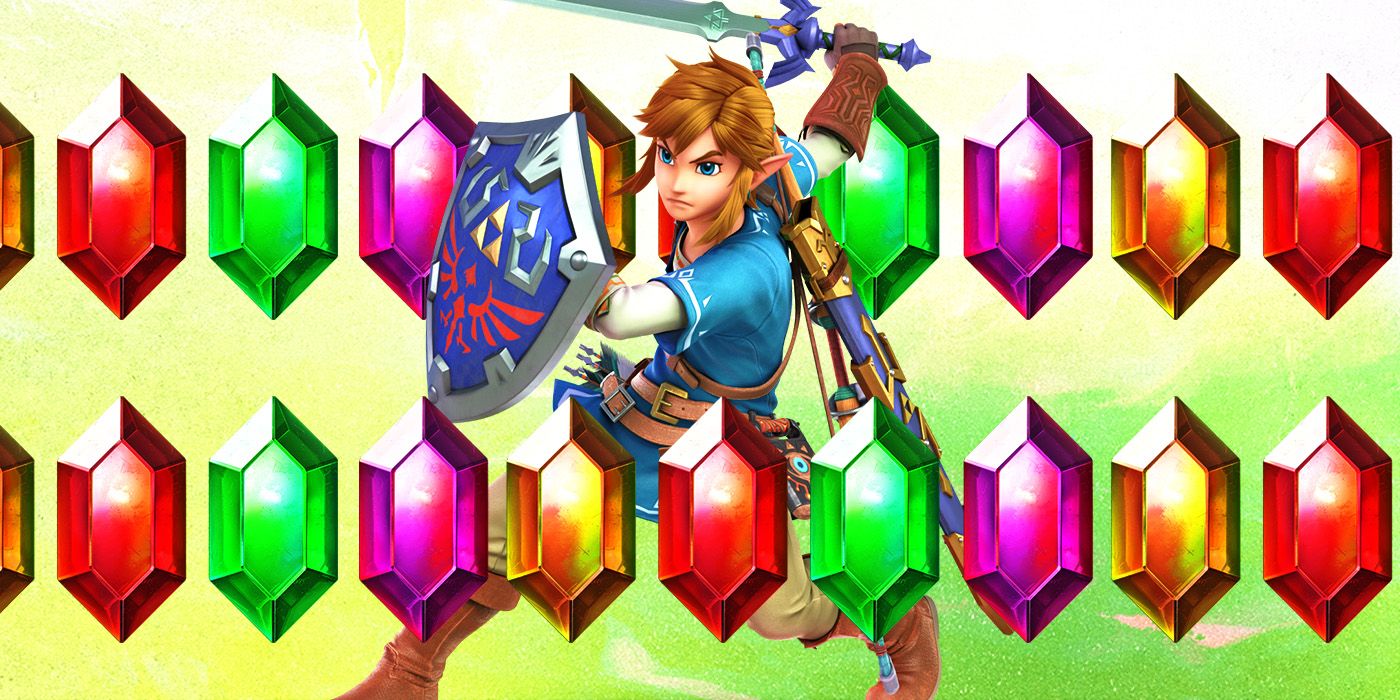What Is a Podcast?
A podcast is a recorded audio show that gets released in a series of episodes online. Though less common, some podcast hosts also record video versions of their episodes, offering both formats for their audience to choose from.
You can find podcasts on a number of music and podcast directories, including Google Podcasts, Spotify and Apple Podcasts. If you take a look at trending podcasts, you’ll see a variety of topics and formats. They can cover anything from global news to personal life, and their formats range from live conversations to scripted stories.
Why Start a Business Podcast?
Compared to other methods of content creation and digital marketing, it’s relatively easy to get started with podcasting. If you can record audio and upload it to the internet, you can start a podcast. If your podcast takes off, there are several benefits, including:
- Engaging with your audience: Maybe you’re struggling to get many interactions with your social media posts. Podcasting gives you several ways to encourage engagement live. For example, you can schedule guest speakers or have live call-ins. Creating these touchpoints with your customers shows them that there are real humans behind your business. This can encourage them to continue supporting you.
- Sharing your expertise: As a business, you are already positioning yourself as an expert on a certain topic. For instance, if you sell software for sales teams, you are a sales expert. Lean into this expertise to create a podcast where you educate, entertain and inspire others on the topic.
- Generating income: Successful podcast hosts can earn money. Some podcasters use Patreon or a similar subscription service to put some or all of their episodes behind a paywall. Others might post episodes for free but sign brand deals, agreeing to read advertisements about products and services on their shows.
How To Create a Business Podcast
Though podcasting is generally easy to get into, it still requires some planning. Here is a step-by-step guide to keep in mind as you get started.
Find a Niche
There are over 4 million podcasts out there. This means that while the barrier to entry is low, competition is tough.
To start a successful podcast, you need to find the specific, unique insight you have to offer. Consider what might be missing from existing podcasts related to your industry or niche. What new angle can you take?
Choose a Name and Podcast Format
Once you have your topic, you can start planning the finer details. Start by brainstorming names. You want it to be catchy and relevant.
It’s also important to consider how you will structure each episode. Will you record audio and video? Do you plan to script episodes or outline them? Will you host guests or involve listeners in any segments?
Source Podcast Equipment
It’s possible to use your smartphone as your recording and uploading device. However, an ideal setup may include:
- Audio software: You want software that can both record episodes and edit them. A popular audio software is Adobe Audition, but it can be costly. Some affordable alternatives include Audacity and GarageBand.
- Computer: You need a computer to run the software. Either a laptop or desktop computer works.
- Microphone: Though computers have built-in microphones, the sound recorded with them won’t be of the best quality. Instead, we recommend purchasing an external microphone. They are pretty affordable on Amazon or another online retailer.
- Headphones: Similar to the microphone, you want headphones to clearly hear the audio as your listeners will — during both recording and editing.
Record an Episode
Once you have your concept and your equipment, it’s time to press record. A test run or two isn’t a bad idea to both ensure that your equipment is working and help you relax a little. Keep your notes or script handy, and use a timer to see how long you’re recording.
Edit Your Episode
When you have the audio for your first episode, you can play it back in your software to edit out any audio issues. Cut long or awkward pauses, background noises or anything else that listeners may find distracting. You can also add an intro and outro, royalty-free music or additional content that was recorded separately.
Publish Your Episode
Once your first episode is done and you’re ready to share it with the world, make a plan for how you want to publish it. As most podcast hosting platforms are free, many podcasters choose to upload to multiple at a time, as it extends their reach. The uploading process for each platform is slightly different, but, in most cases, you need a title, cover art and a description. You can include links to your website, social media pages and more in the description.
Pro Tip: Branding is key for your first podcast since your podcast name and artwork will be listeners’ first impression of you. For the cover art, try free design software, such as Canva. There are plenty of free tutorials online to teach you how to use it.
Promote Your Podcast
When you’re just starting out, it may be unlikely for new listeners to find your podcast on their own. Instead, you’ll need to promote it to build your audience. Social media is useful for promotion, as you already have a following there.
You can also use search engine optimization (SEO) to make your podcast appear in Google searches. Create an SEO-friendly website page. Also optimize the description of your podcast on each hosting platform with SEO best practices in mind.
Grow Your Show
Continue to promote your podcast to grow your following. As you publish more episodes, you can start branching out to other promotional methods, such as:
- Hosting a guest from your industry or being a guest on another industry podcast
- Sharing short video clips of your episodes on social media
How To Make Money Podcasting
You don’t necessarily have to monetize your podcast. For many businesses and entrepreneurs, a podcast may just be a branding opportunity. Or, if you’re seeing podcast listeners convert into customers, that may be enough for you. However, it’s helpful to know how you can generate income from your podcast if you choose to go that route.
Sponsorships
Brands sometimes sponsor podcast episodes or entire podcast shows. Typically, sponsors take an interest in podcasts that reach their target audiences, as this can help them bring in new customers.
Every sponsorship deal works differently. Maybe you are given a pre-recorded ad to play in between segments. Or, maybe you are given a script to read. There are some cases where you may be allowed to collaborate on the script or stray from the script to personalize the ad.
Affiliate Links
Affiliate links tie into sponsorship deals. Some sponsors give you a discount code to offer listeners. You then get a percentage of the earnings for sales that come in using this code. The alternative would be a link without a code. If you bring a listener to the sponsor’s site using the provided link and they purchase something, you get part of the sale.
Advertising Networks
Joining a podcast network is one way to monetize your show with advertisers without having to handle sponsorship deals yourself. Networks like Gimlet and Radiotopia act as distribution hubs that handle certain aspects of production, promotion and monetization. These networks usually take on shows that cover particular topics and have a certain number of listeners. If you work with one of these networks, you will likely get generic ads to play between segments.
Donations
Some podcast hosts choose to make their podcasts free and accessible for all. This is common with podcasters who cover educational topics. In this case, shows may rely solely on listener donations to see any revenue.
Memberships
As previously mentioned, many podcasters use Patreon or another platform to create a subscription-based revenue model. You can keep your episodes free and put exclusive bonus content behind the paywall. Or, you can require a subscription for all content. In terms of cost and number of tiers, most podcasters offer a few tiers, starting at a few dollars per month.
Merchandise
Popular podcasts often sell merchandise or “merch” to listeners. Common items include:
- Shirts/hoodies
- Stickers/buttons
- Mugs/cups
- Bags
- Phone cases
Challenges of Creating a Podcast
As you get started, it’s common to run into certain challenges. Here are some potential issues new podcasters should watch out for:
- Technical issues: It’s possible that problems arise with your equipment, affecting your audio quality. If you’re consistently having audio issues, you may need to upgrade to a more advanced (and potentially more expensive) setup.
- Content ideas: You may find yourself struggling to come up with new ideas for every podcast episode. This can be especially common for podcasters who record weekly. To come up with new ideas, consider polling your audience to ask what they want to hear about next.
- Other responsibilities: If you’re not a full-time podcaster, your show is something you’re balancing on top of other work and life responsibilities. In the case that you’re using a podcast as a marketing and acquisition channel for the company you work for, talk to your boss about cutting back on other work tasks to give podcasting the attention it deserves.
- Audience growth: With so much podcast competition, it can be difficult to reach your ideal audience. The key to growing your listenership goes beyond just creating quality episodes. You need to spend time marketing and promoting your show. It’s a little counterintuitive because you’re using podcasting to market your business, but then you have to market the podcast.
- Monetization: Even if you have a large audience, making money from a podcast isn’t guaranteed. You may have to be proactive about reaching out to brands for potential deals. You will also have to continue to remind your audience that you offer memberships and merch.
The Bottom Line
Podcasting is an easy way to share your expertise and establish your brand. Starting a podcast is relatively inexpensive and has a low barrier to entry. Growing your podcast, though, is another story. As there are millions of podcasts out there, it can be difficult to get noticed. Practice consistency, patience and promotion to (hopefully) start seeing your audience grow.
Frequently Asked Questions About Starting a Podcast
Is starting a podcast worth it?
Podcasting is worth it if it fits with your personal or business goals. If you can find your niche and connect with your audience, podcasting can be a worthwhile way to share your expertise with the world.
What equipment do I need to create a podcast?
Technically, the only equipment you need to create a podcast is your phone or computer. However, the sound quality won’t be as good, so we recommend a microphone, headphones, a computer and audio software.
How much does it cost to start a podcast?
It costs you nothing to start a podcast if you already have an internet connection and a way to record audio. However, if you want to invest in equipment, it can cost a few hundred dollars.
How much money do podcasters make?
The most popular podcasters can make thousands or millions of dollars from their shows, but this is not true for everyone. Like with any online content, some people make no money at all.
How long should my podcast be?
Podcast episodes can range anywhere from a few minutes to several hours, depending on the topic and format. In 2019, one study found that the average podcast length was approximately 41 minutes.



